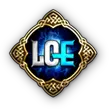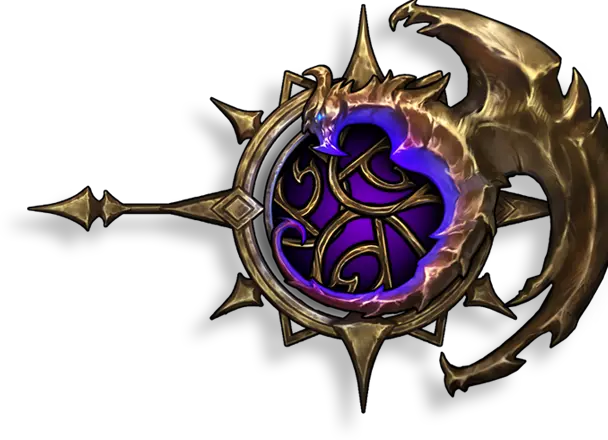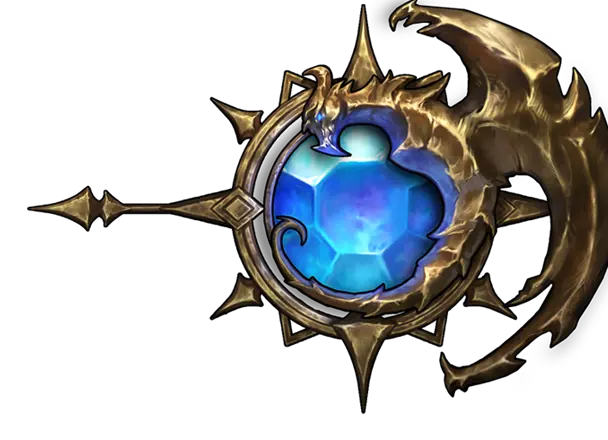Touch and Play: Exploring the World of Phygital Gaming Experiences
The gaming landscape is constantly evolving, with new technologies and genres emerging all the time. One of the most exciting trends in recent years is the rise of phygital gaming, a hybrid of physical and digital experiences that blurs the lines between the two realms.
What is Phygital Gaming?
“Phygital” is a term that blends the words “physical” and “digital,” and it’s used to describe experiences or products that combine both elements to create a more immersive and interactive environment. In the context of games, “phygital” refers to gaming experiences that merge physical components with digital technology, enhancing the traditional tabletop or physical gaming experience with digital features.
Characteristics of Phygital Games:
- Physical Components: These are tangible items like cards, boards, tokens, or figures. They represent the traditional aspect of the game and are essential for gameplay. Players can touch, move, and interact with these items just as they would in a conventional board or card game.
- Digital Integration: This involves the use of digital technology to complement and enhance the physical aspects. It might include apps, software, or devices that interact with the physical components. For example, a board game might use an app to track scores, provide immersive sound effects, offer interactive storytelling, or even change the game’s rules dynamically.
- Enhanced Interactivity: The combination of physical and digital elements often results in a more interactive and engaging experience. Players might use their smartphones to scan physical cards to unlock digital content or place physical figures on a digital device that recognizes them and alters the game accordingly.
- Augmented Reality (AR): Many phygital games leverage AR technology to overlay digital information onto the physical world. For example, pointing a device’s camera at a game board might bring characters to life on the screen, creating an interactive, immersive experience.
Advantages of Phygital Games:
- Enhanced Engagement: The interactive nature of phygital games makes them more engaging and immersive, providing a richer gaming experience.
- Educational Value: Many phygital games are designed with an educational focus, using the digital component to provide immediate feedback, track progress, and adapt to the player’s skill level.
- Flexibility and Dynamic Content: The digital aspect allows for dynamic content that can change and evolve, offering new challenges and extending the game’s lifespan. Updates and expansions can be easily delivered digitally, keeping the game fresh and exciting.
- Social Interaction: While digital games often distance players from each other, phygital games encourage face-to-face interaction, blending the social benefits of traditional board games with the enhanced possibilities of digital technology.
Examples of Phygital Games:
Smart Board Games: Games that use a digital app to manage rules, storytelling, and scorekeeping while players interact with a physical board and pieces. AR Trading Card Games: Physical trading cards that, when scanned by a device, come to life on the screen, allowing players to see animated battles or additional information. Interactive Toys: Action figures or toys that interact with digital devices, unlocking characters, games, or stories on a screen.
Why is Legends of Elysium is a Phygital Game?

Legends of Elysium (LOE) is a prime example of a phygital game. The game features a unique blend of traditional trading card game (TCG) mechanics with blockchain technology. Players can collect and trade physical and digital cards, and they can use their cards to compete in both online and offline tournaments.
LOE’s phygital approach offers several advantages:
Greater ownership: Players own their LOE cards, which they can trade and sell with other players. This gives players more control over their gaming experiences. Enhanced security: LOE’s blockchain technology ensures that player data is secure and tamper-proof. This makes it a safer gaming experience for players. Expanded community: LOE’s phygital approach has helped to create a vibrant and engaged community of players.
Impact of Phygital Gaming on the Gaming Sector
Phygital gaming is having a significant impact on the gaming sector, particularly in the TCG market. Traditional TCGs have been facing declining sales in recent years, as players have migrated to digital games. However, phygital games are offering a new way for players to enjoy TCGs, and they are helping to revitalize the genre. Phygital games are also having a positive impact on the wider gaming industry. They are helping to blur the lines between different gaming genres, and they are creating new and innovative gaming experiences. As phygital gaming continues to evolve, we can expect to see even more exciting and immersive gaming experiences emerge.
Impact of Phygital Gaming on TCGs
Phygital gaming is having a profound impact on the TCG market. As players increasingly demand more immersive and interactive experiences, phygital games are offering a compelling solution. Here are some specific ways in which phygital gaming is impacting TCGs:
- Enhancing collectability: Phygital games add a new dimension to collectability, as players can collect and trade both physical and digital cards. This makes it even more exciting for players to build their collections.
- Promoting engagement: Phygital games can promote greater engagement among TCG players, as they provide a more social and interactive experience. This can help to retain players and attract new ones.
- Expanding the market: Phygital games can expand the TCG market by appealing to a wider audience, including players who are not familiar with traditional TCGs. This can lead to increased sales and revenue for TCG publishers.
Conclusion
Phygital gaming is a rapidly growing trend that is transforming the gaming landscape. LOE is a prime example of this trend, and it is helping to pave the way for the future of TCGs. As phygital gaming continues to evolve, we can expect to see even more innovative and immersive gaming experiences emerge.







